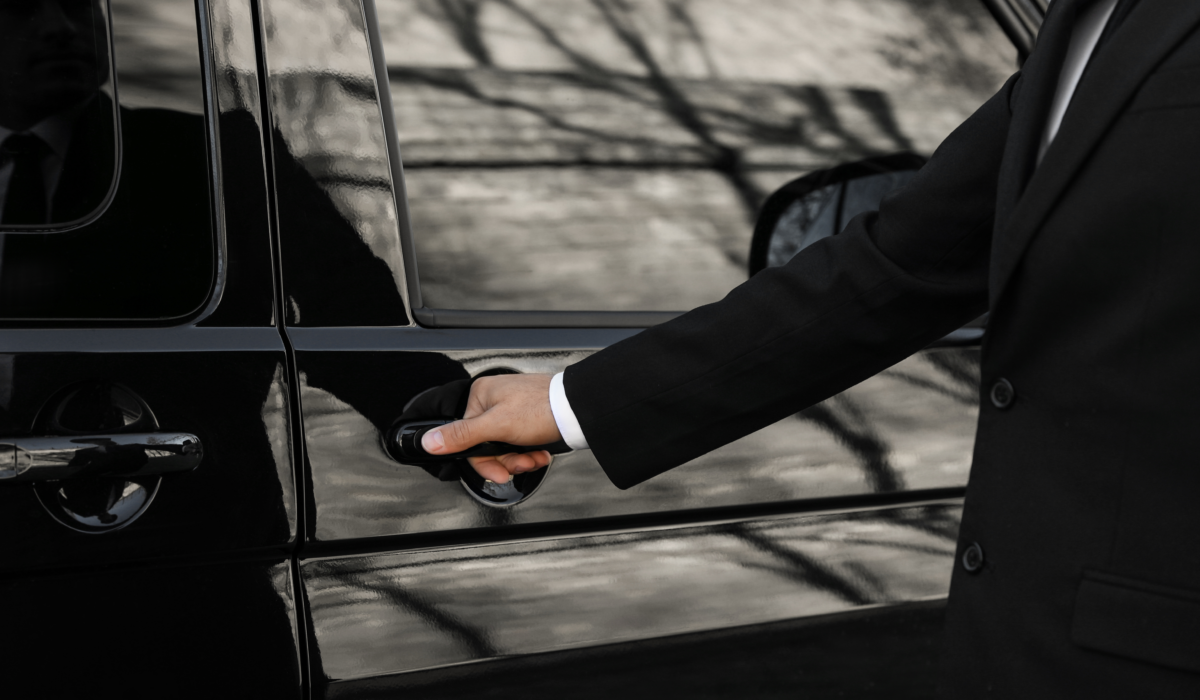
When it comes to luxury and convenience in transportation, two primary options stand out: professional chauffeur services and traditional taxi services. While both serve to get you from point A to point B, they differ significantly in terms of experience, reliability and quality of service. Understanding these differences can help you make the right choice for your travel needs, whether it’s for a business meeting, a night out, or airport transportation. In this article, we explore the key distinctions between professional chauffeurs and taxi drivers, providing insights into when each service might be most appropriate.
Quality of Service: The Key Differentiator
One of the most apparent differences between a professional chauffeur service and a taxi is the quality of service provided. Chauffeur services are often associated with high-end transportation, with an emphasis on comfort, professionalism and reliability. Chauffeurs are highly trained professionals who are not only responsible for safe driving but also provide a premium customer experience, including personalised greetings, assistance with luggage and maintaining a courteous demeanour at all times.
In contrast, taxi services are typically geared towards efficient and cost-effective transportation, with less emphasis on luxury or personalised service. While taxi drivers are skilled in navigation and local knowledge, they usually don’t undergo the same level of customer service training as chauffeurs, nor are they expected to maintain the same professional decorum.
According to a 2023 survey by Statista, around 85% of respondents associated chauffeur services with high-end quality and personalised experiences compared to 37% who felt similarly about traditional taxis.
Training and Qualifications: Rigorous Standards for Chauffeurs
Professional chauffeurs typically undergo extensive training beyond simply obtaining a driver’s license. Many undergo specialised training in defensive driving, etiquette and customer service to ensure a premium experience for clients. In the UK, for example, chauffeur training can include courses in emergency response, first aid and executive protection, ensuring that clients are safe and comfortable under any circumstances.
Taxi drivers, on the other hand, generally require a standard driver’s license and may need a local taxi license, depending on regional regulations. While they must be familiar with city routes, they are not expected to meet the same standards of etiquette or customer service as chauffeurs. This difference in training often translates to a distinct variance in service quality and professionalism.
In a study by Forbes, 92% of respondents preferred chauffeurs for corporate events and high-stakes scenarios due to their specialised training and professionalism.
Fleet and Vehicle Standards: Luxury vs. Utility
Another crucial difference lies in the types of vehicles used. Chauffeur services typically maintain a fleet of high-end luxury vehicles, such as Mercedes-Benz S-Class, Senzati Jet-Class, or even Rolls-Royce models, designed to offer maximum comfort, style and sophistication. These vehicles are meticulously maintained, both in terms of cleanliness and mechanical soundness, to ensure an upscale experience for passengers.
Taxi fleets, however, usually comprise standard sedans, minivans, or budget-friendly cars focused on practicality rather than luxury. Taxis are generally more affordable than chauffeur-driven vehicles, which can make them suitable for day-to-day travel but less ideal for special occasions or business events where a high-end presentation is required.
According to research by IBISWorld, luxury vehicle usage in chauffeur services grew by 4.8% from 2019 to 2023, indicating a rising preference for premium vehicles in this sector.
Pricing Structure: Affordability vs. Exclusivity
One of the most significant differences between chauffeurs and taxis is the pricing model. Taxis are generally billed based on distance or time, making them a cost-effective option for shorter trips or quick, impromptu rides. Taxi meters start running as soon as you enter the car and fares increase based on miles traveled or time spent in traffic.
Chauffeur services, however, typically operate on a pre-arranged, all-inclusive pricing model. This often includes factors like wait time, fuel costs and premium amenities, ensuring no surprises in billing. While chauffeurs are more expensive than taxis, they are also more transparent, with clients knowing exactly what they’re paying for upfront.
A survey by McKinsey & Company found that 70% of corporate travellers are willing to pay a premium for chauffeur services for business trips due to the added value and transparency of costs.
Personalisation and Experience: Going the Extra Mile
Professional chauffeur services focus heavily on personalising the customer experience. From customising the route to accommodating specific requests such as preferred beverages, reading materials, or even the temperature inside the vehicle, chauffeurs aim to make the journey as pleasant and unique as possible. Many high-end chauffeur services also provide meet-and-greet services at airports and train stations, enhancing convenience for clients.
In comparison, taxis are a more straightforward service with limited customisation options. While some taxi drivers may go out of their way to be accommodating, the scope for personalisation is limited due to the service’s inherent nature and lower price point. Taxis are designed for quick, no-frills transport, whereas chauffeurs deliver an elevated experience with attention to detail.
According to a 2022 customer satisfaction report by JD Power, customers rated their satisfaction with personalised chauffeur services 30% higher than with standard taxi services.
Punctuality and Reliability: Setting Standards in Professionalism
Punctuality is a cornerstone of professional chauffeur services. Chauffeurs are trained to plan routes meticulously, factoring in potential delays and arranging pick-up times that ensure clients reach their destinations on time. Many chauffeur services monitor flights in real time to adjust pick-up schedules, ensuring clients are never left waiting.
While taxi services strive to be punctual, they often cannot match the reliability of a pre-arranged chauffeur service. Taxis are typically hailed on-demand, making it difficult to guarantee availability or precise timing, especially during peak hours or bad weather conditions.
A report by Bloomberg indicated that 93% of business professionals cited reliability as the primary reason for choosing chauffeur services over taxis for important events or airport transfers.
Image and First Impressions: A Reflection of Your Brand
For business professionals, arriving in a chauffeur-driven car can be a powerful statement. A chauffeur service doesn’t just get you to your destination – it helps create a polished, professional image. This is particularly important for corporate executives, clients, or anyone wanting to make a lasting impression.
Arriving in a taxi may be seen as less impressive and while taxis are a functional mode of transport, they don’t provide the same aura of sophistication or prestige as a luxury chauffeured vehicle.
A study by Harvard Business Review found that executives felt 40% more confident when arriving at a business event in a chauffeur-driven car than in a regular taxi, suggesting that the mode of arrival can impact mindset and presentation.
When to Choose a Chauffeur Over a Taxi
While taxis are practical for everyday travel and quick trips, a professional chauffeur service is ideal when:
- You’re attending a high-profile business meeting or corporate event.
- You need to make a lasting impression on clients or colleagues.
- Comfort, reliability and professionalism are top priorities.
- You want a stress-free airport transfer with meet-and-greet service.
- Special occasions, such as weddings, require a luxury experience.
In contrast, taxis are more suitable for shorter, cost-effective trips or for times when luxury and personalisation are less of a priority.
Conclusion
While both chauffeurs and taxi services play essential roles in transportation, the choice between them depends on your needs, budget and expectations for service quality. For those seeking a premium, reliable and personalised experience, chauffeur services stand out as the clear choice. From high-end vehicles and trained professionals to punctuality and personalisation, chauffeurs deliver a level of service that goes beyond basic transportation. Taxis, meanwhile, remain an affordable and efficient option for daily or impromptu travel.
In a world where first impressions and reliability matter, understanding these differences can help you choose the service that best aligns with your requirements. So, next time you book a ride, think about the experience you desire and the image you wish to project – your choice might just make all the difference.



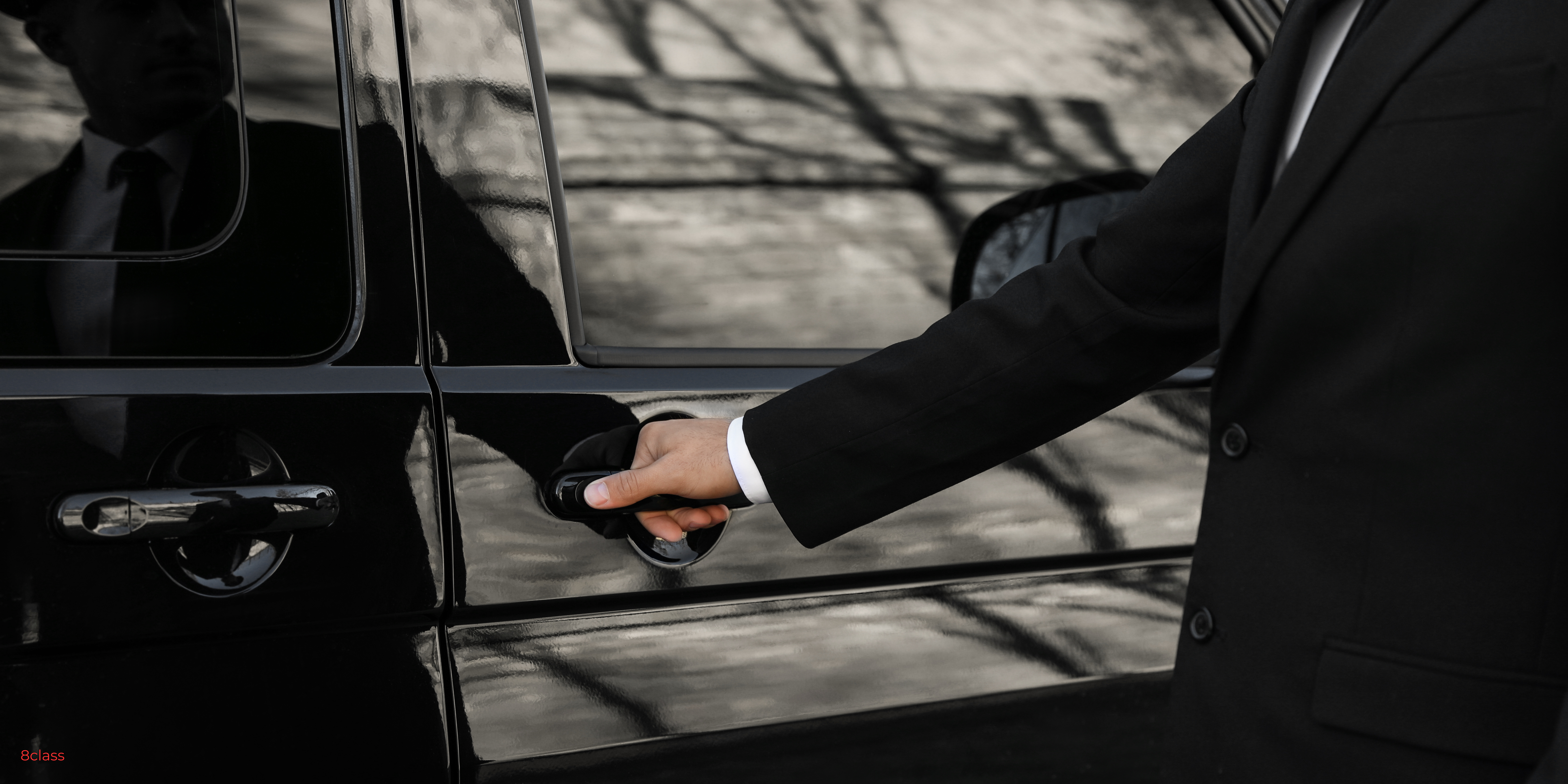
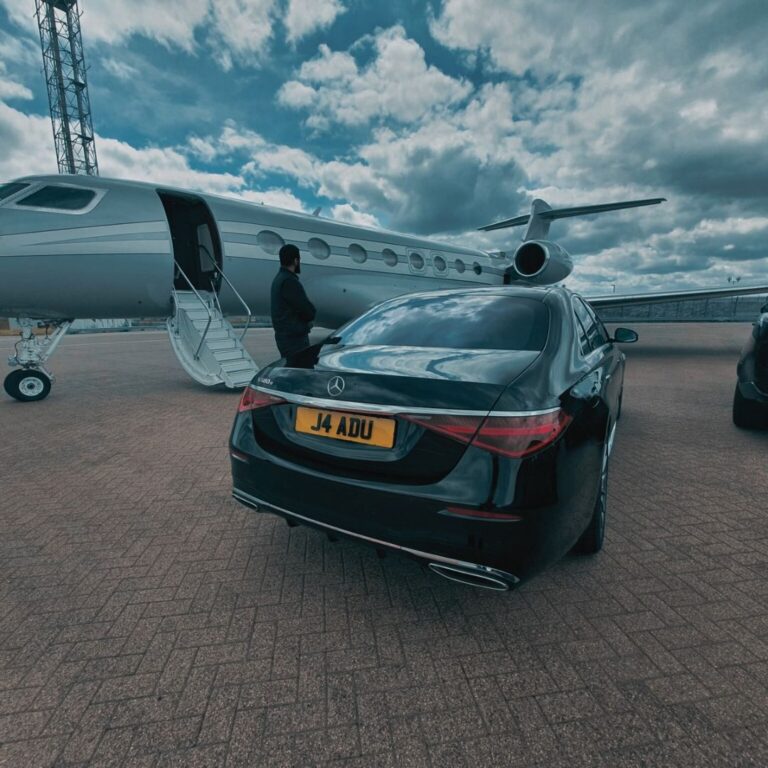
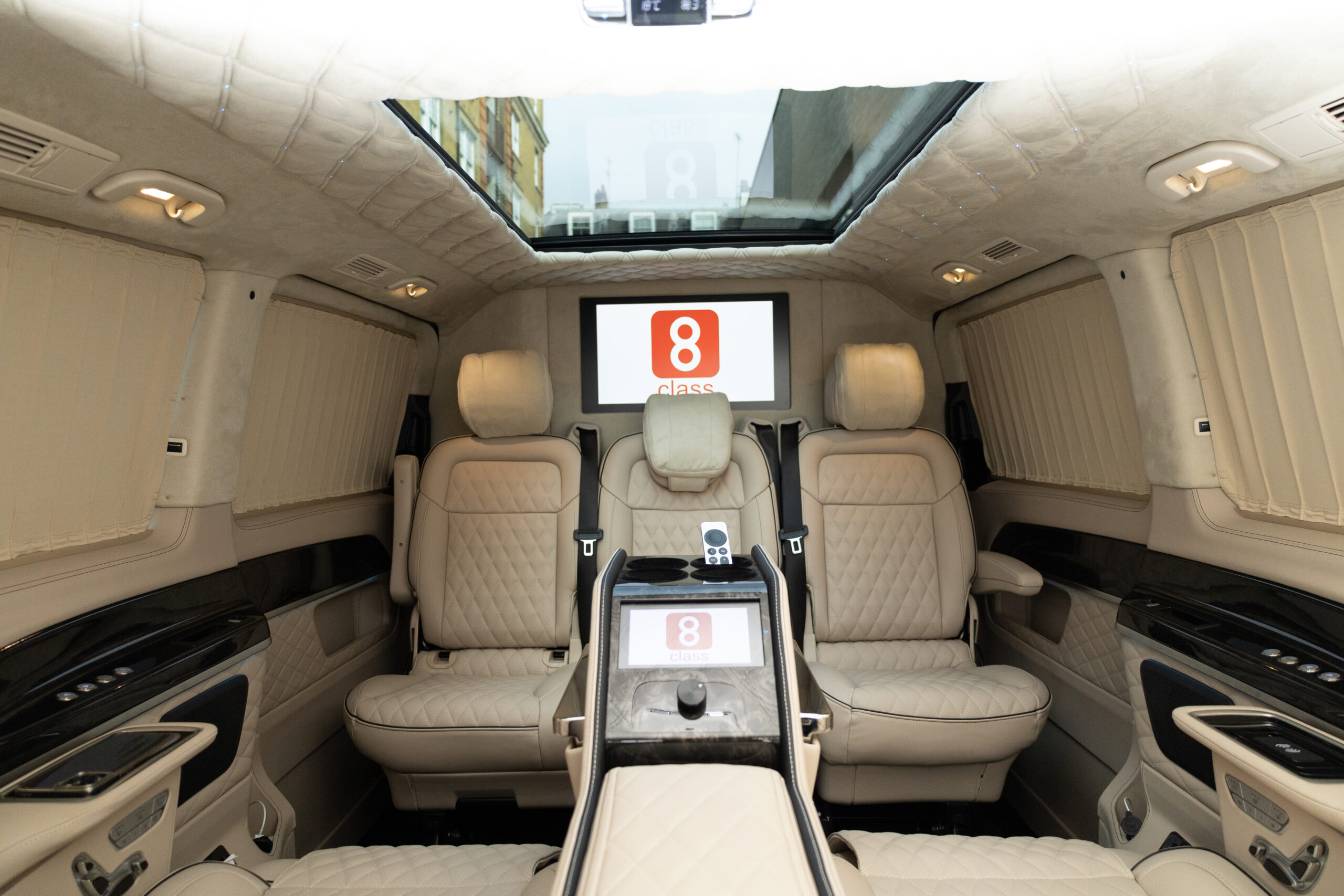
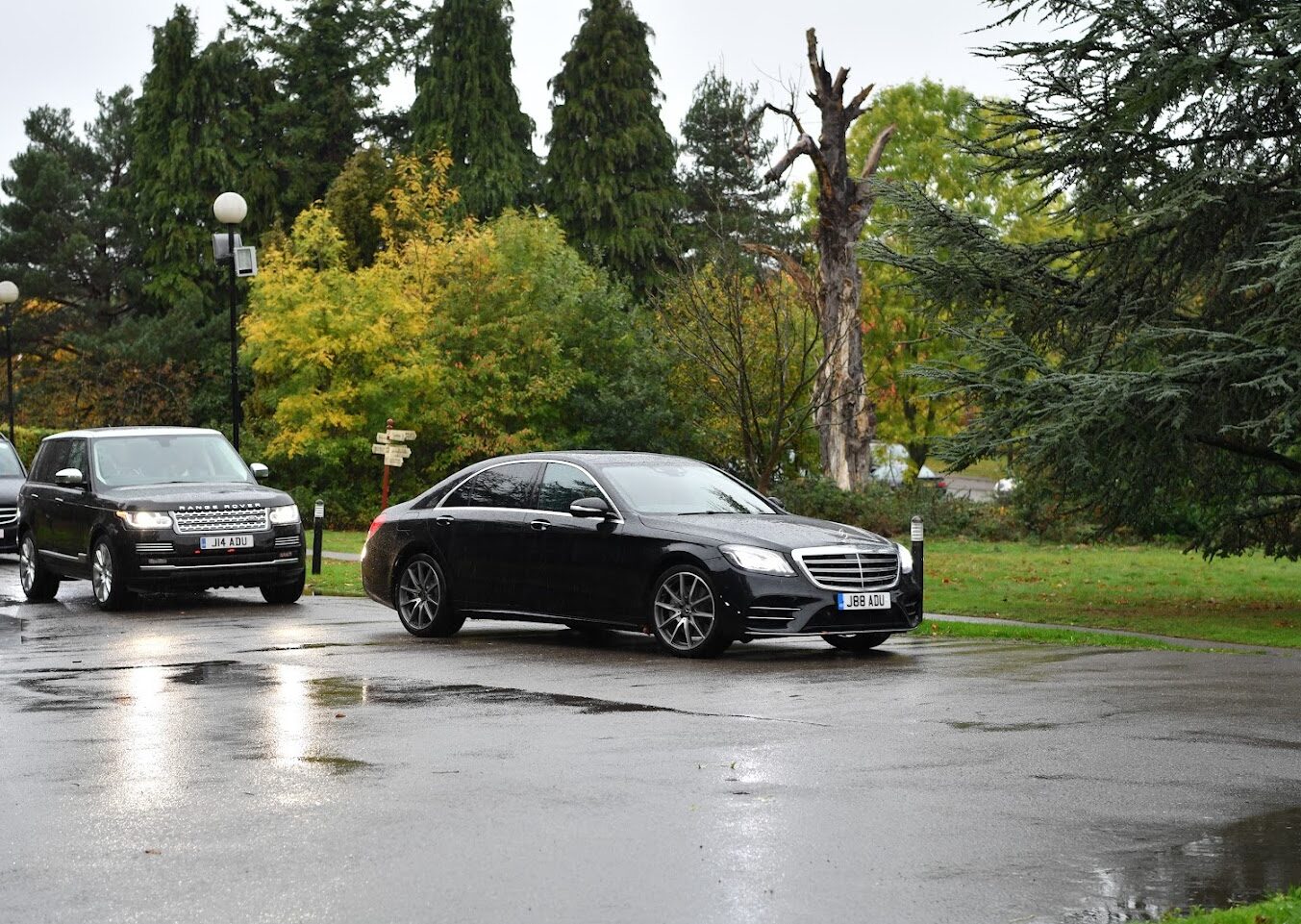
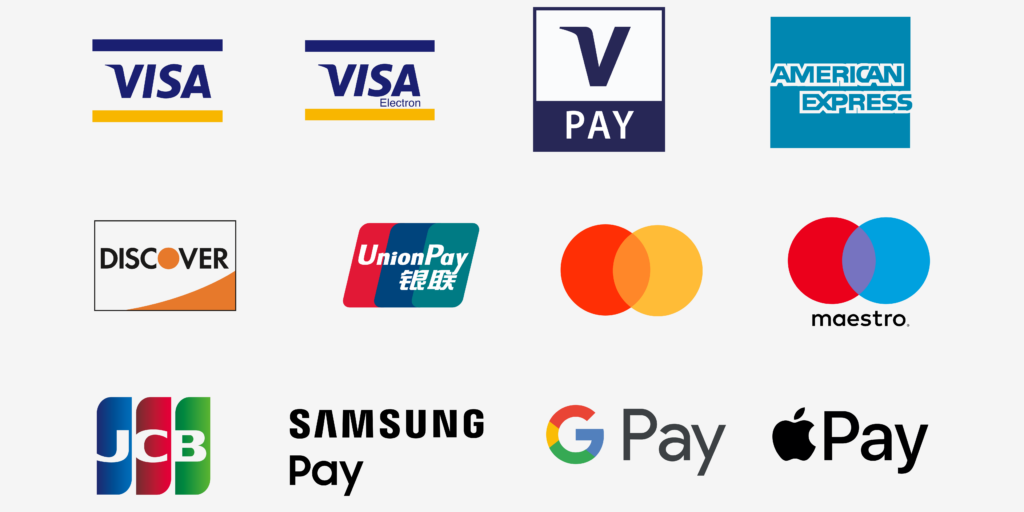
Pretty! This has been a really wonderful post. Many thanks for providing these details.
I’m often to blogging and i really appreciate your content. The article has actually peaks my interest. I’m going to bookmark your web site and maintain checking for brand spanking new information.